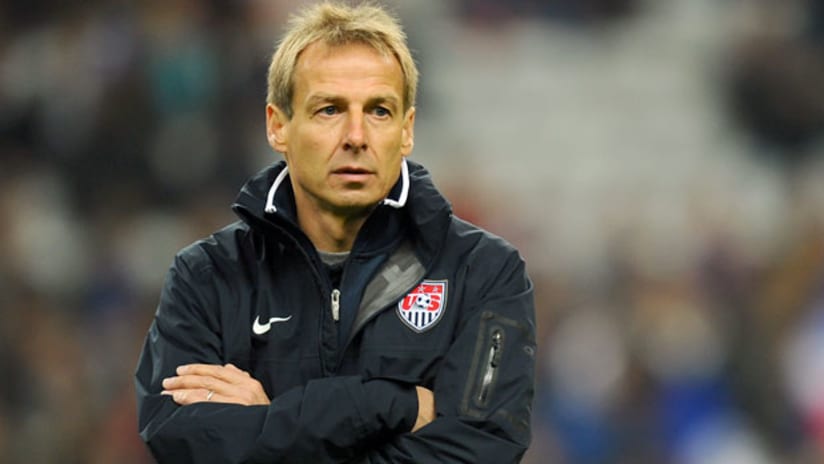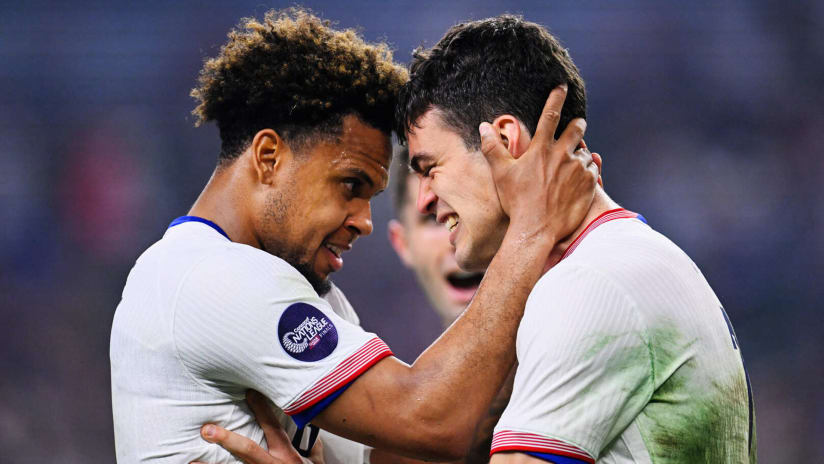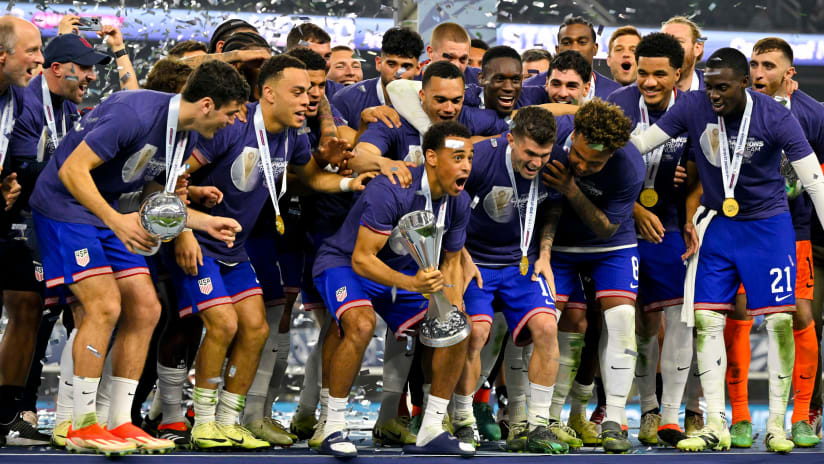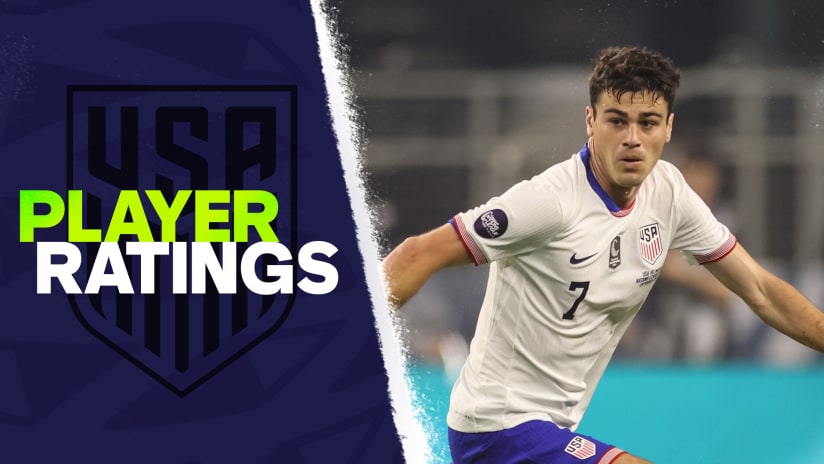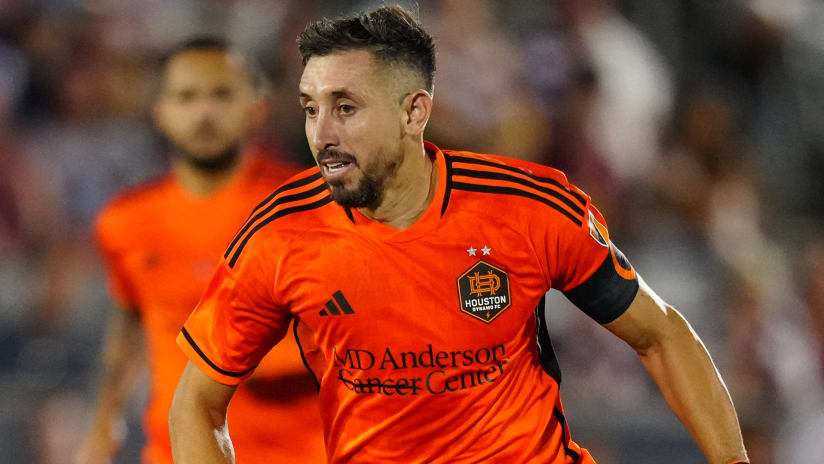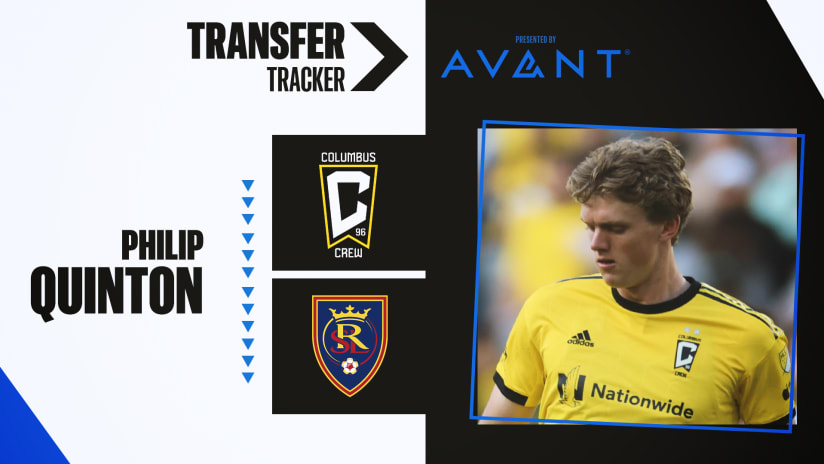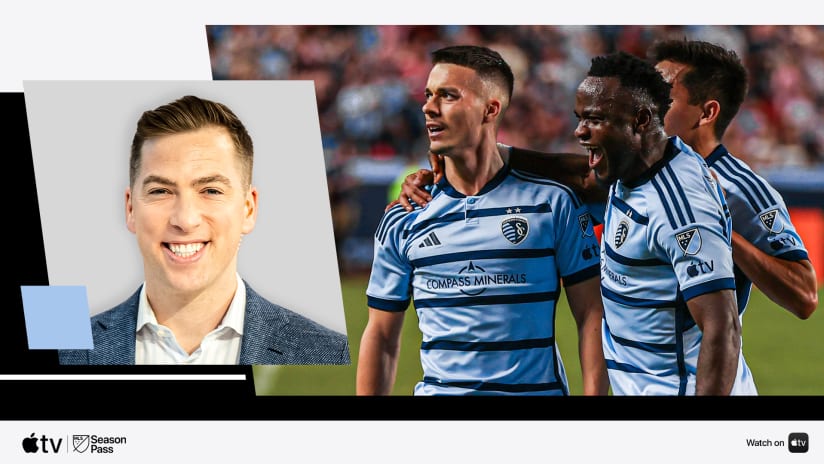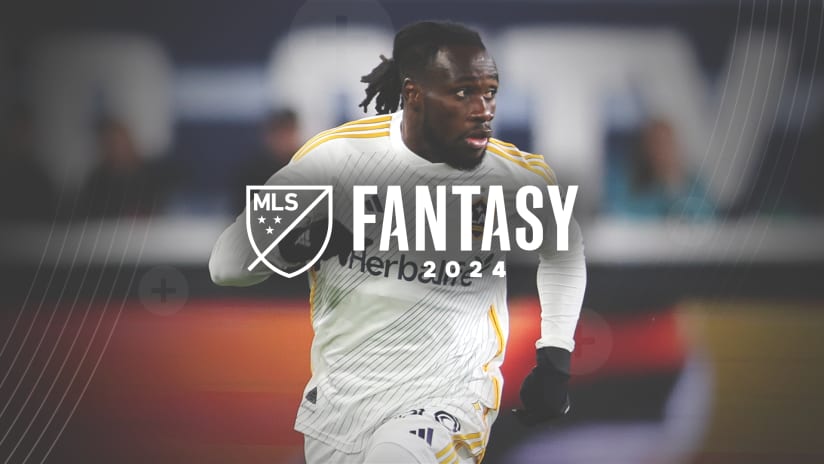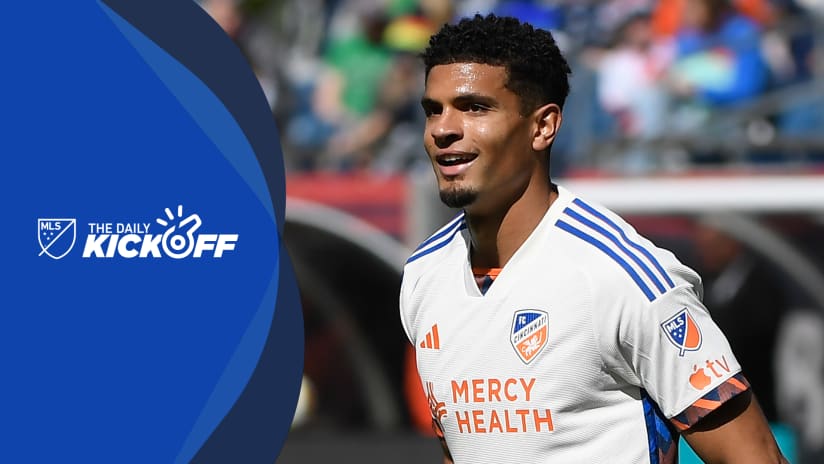For the first time since the US Olympic team crashed out of the CONCACAF qualifying tournament in the group stage, US national team manager Jurgen Klinsmann met with media on Wednesday afternoon and explained what went wrong.
Kind of.
Klinsmann, who faced several questions about the shock elimination on a teleconference call, vaguely identified a handful of reasons for the ouster, but didn't hesitate in sticking by his decision to name a college coach, Akron's Caleb Porter, to the helm of the US Olympic team.
"I think he did a very good job," said Klinsmann, who appointed Porter back in October. "I think it was absolutely the right decision to make him the Olympic team coach. Now based on the result and the outcome of it, now you can argue that maybe a professional coach here or this and this there should have worked out better. I think we know the reason now why it didn't work out, and it was not because he’s a college coach and not a professional coach. That's definitely not the case."
In fact, Klinsmann made it clear that he wants to make sure his Olympic head coach remained "connected" with the US national team program, with potential participation in senior national team camps, coaching workshops and help him arrange trips overseas to learn from European managers.
He also didn't shy away from expressing his desire that Porter leave the college ranks.
"I think he has a huge future ahead of him and, rather sooner than later, will jump into professional field and will become a pro coach," Klinsmann said. "We really think that he has a lot of upside and I think he learned a tremendous amount during the last four months.
"There were many mistakes being done and not all of them were done by Caleb Porter."
That was just one of the conclusions Klinsmann revealed from a summit held with Porter at US Soccer headquarters in Chicago on Tuesday. Another point that emerged was how the evaluation of the US Olympic team's medical staff "led to the very, very kind of late substitution of [D.C. United goalkeeper] Bill Hamid in that game against El Salvador."
But responsibility for the Olympic elimination also has to be shouldered by the American players, according to Klinsmann.
"I think some players didn't live up to their expectations and they need to get that message across," he told the media.
"The lesson really for us is, how far are those players really that were involved in the Olympic qualifying campaign? How mature are they really for the senior team level?" Klinsmann continued. "You talk about two goalies, you talk about Brek Shea, you talk about [Juan] Agudelo and I mentioned two before that I thought did quite well, whether [it's] Mix Diskerud or Joe Corona. … So where are they now in the bigger picture going into our May-June camp?"
Shea and Agudelo, who suffered a torn meniscus in his left knee in the opening rout against Cuba, have something to prove if they want to be on Klinsmann's World Cup qualifying squads.
"The expectations that they really perform on the highest, highest level in their club teams are even higher," Klinsmann said. "That means for an Agudelo, for example, he has to play week in and week out with the Red Bulls. And Brek Shea has to prove with FC Dallas week in and week out that he’s one of their best players in order to get a chance to become part of the senior national team."

